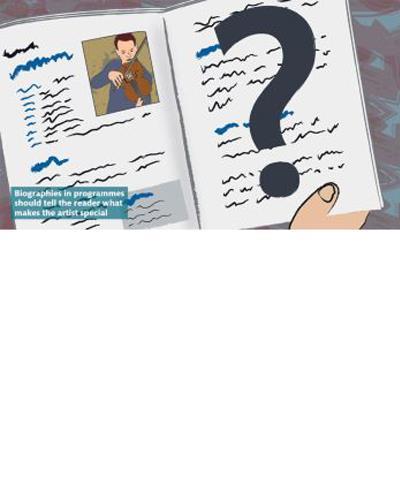
Christie's has become the latest
major auction house to abandon musical instrument auctions. In a
similar move to that made by Sotheby's in London at the end of
2012, the New York-based instruments arm of Christie's has shifted
all its activities to private sales.
The head of the musical instruments department, Kerry Keane
(pictured), who has been in the position since 1999, will remain
with the company in a consultancy role. The auction house, which
last held a New York sale in November 2012, said in a statement
that it 'remains committed to the field and will continue to assist
clients with selling and purchasing fine and rare instruments as a
bespoke service'.
Keane said that the change of strategy will mean that he will only
be handling top-end instruments in the future. He explained that
market conditions played a big part in dictating a move away from
lower- and mid-priced instruments:
'Over the last three or four years we have seen the low-to-middle
end of the auction market atrophying. Before, we would be
conservative with our estimates, and the instruments would sell
above estimate. Now, that level of property is limping in at the
low end of the estimate, if it sells at all. Speculative property,
again, has been selling poorly over the last year. Christie's took
the position that if the market is atrophying a little, and that
the high end is what gets buyers excited, then it would be better
to sell the upper-end property privately, and maximise those
instruments' value for our clients that way.'
Keane also attributed the change in direction to the economics of a
global corporate such as Christie's, where instrument sales
accounted for a minute proportion of the company's total £3.9bn
sales in 2012. 'I can make between 18 and 22 per cent profit on an
auction sale, which is good for a small department, but 22 per cent
profit on a $3m sale can't compare with 3 or 4 per cent profit on a
$70m sale.'
photo: www.christies.com







































No comments yet